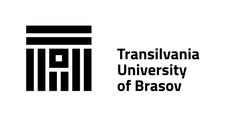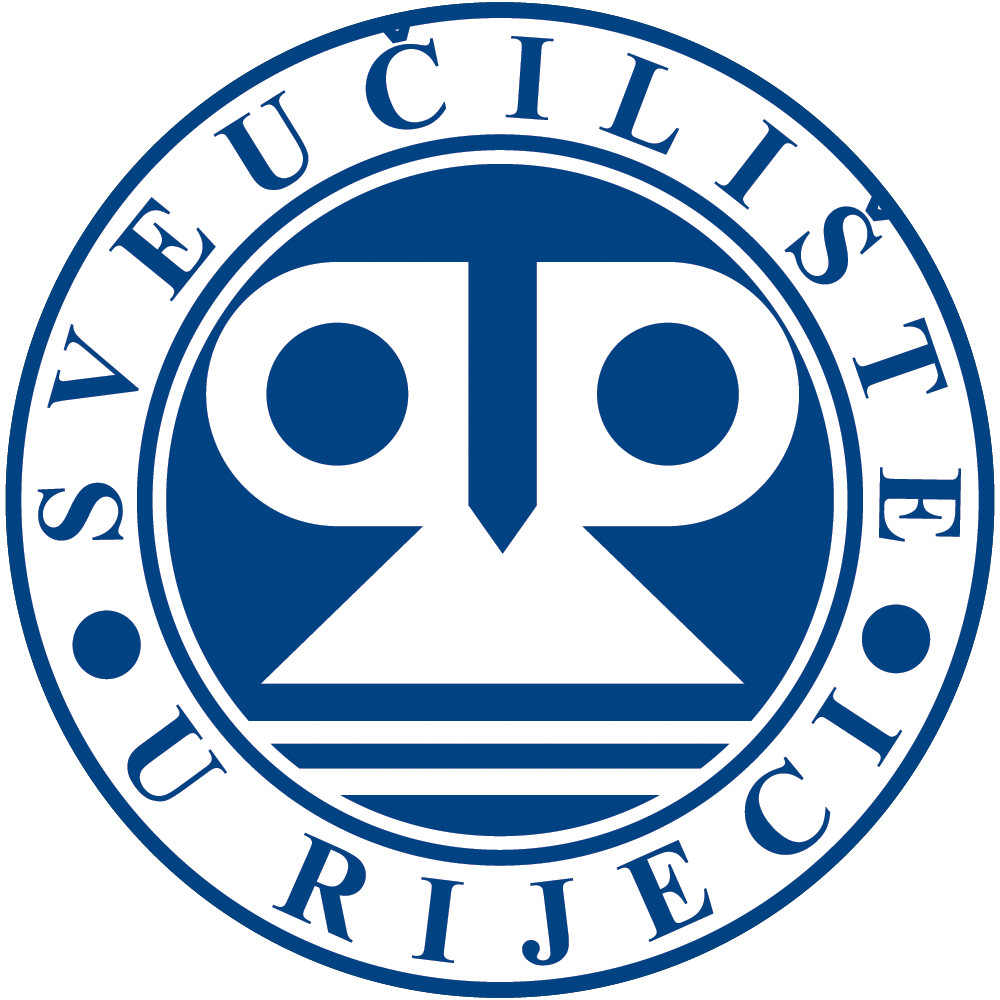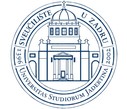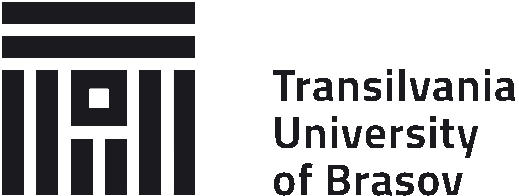Transilvania University of Brașov
print
Transilvania University of Brașov is the largest university in the center of Romania; it is a comprehensive university that offers study programs in 43 domains. Its roots go back as early as 1948 when the Institute of Silviculture was founded. In 1949 the Institute of Mechanics is established, in 1953 the Polytechnic Institute of Brașov is founded when the Institute of Silviculture changes into the Forestry Institute and fuses with the Institute of Mechanics. 1960 marks the establishment of the Pedagogic Institute (covering Mathematics, Physics-Chemistry, Biology and, starting with 1969, Music). In 1971, the University of Brașov is established as a result of the fusion of the Polytechnic Institute with the Pedagogic Institute. In 1991, the University of Brașov becomes Transilvania University of Brașov. The mission of the University is oriented towards increased visibility at the international level, as well as increased quality of the education and scientific-research processes, by extending the cooperation with relevant institutions, both of the European Union countries, and of non-European countries.
The Faculty of Letters, founded in 2002, is one of the best-structured philological faculties in the country, and its innovative study programs focus on literary creativity and the understanding of the linguistic and cultural dynamics of the modern world. It offers BACHELOR’S DEGREE PROGRAMS in LANGUAGE AND LITERATURE (Romanian Language and Literature – Foreign Language and Literature (English/ French/ German), English Language and Literature – Romanian Language and Literature/Foreign Language and Literature (French, German), Chinese Language and Literature – Romanian Language and Literature/Foreign Language and Literature (English/French/German), Romanian Language and Literature – Foreign Language and Literature (English/ French) – distance learning, APPLIED MODERN LANGUAGES (French-English, German-English), CULTURAL STUDIES (American Studies (EN), MASTER’S DEGREE PROGRAMS (Cultural Innovation, Language Studies for Intercultural Communication (EN), Studies of Romanian Language and Literature, Translation and Interpretation (FR), Intercultural Studies of German Language and Literature (DE), Romanian Language and Literature. Identity and Multiculturalism - part-time study, Culture and Discourse in the Anglo-American World – part-time study (EN), Doctoral degree in the field of Philology (Literature and Linguistics).
The Department of Theoretical and Applied Linguistics (DeLTA) employs 28 university teachers specialized in phonetics and phonology, morphology and syntax, semantics and pragmatics, psycholinguistics and sociolinguistics, language acquisition, translation theory and practice and teaching methodology (Romanian, English, French, German, Spanish). At the heart of the activity of the Department, there lies the idea according to which language is a complex and dynamic system, whose study is based on a multidisciplinary approach, from both synchronic and diachronic perspectives. The mission of DeLTA is to offer knowledge and encourage the critical spirit within the vast domain of linguistics. The building of a strong theoretical background and the involvement in empirical research, the development of communication skills in various situations and professional environments, as well as of training, with a view to the teaching activity, are the main directions of the Department. The students can attend various courses within the framework of BA and MA courses that aim at developing their creativity and determining their progress according to their own competences and professional skills.
The Department of Theoretical and Applied Linguistics of the Faculty of Letters is involved in research and has established links with universities abroad through an array of programs, including Erasmus+. Some of the Department members are also involved in the work of CeLTA, the Centre for Research in Theoretical and Applied Linguistics, which aims at conducting innovative and excellence research in both the theoretical and the applied areas of linguistics and language study. Its members are engaged in studying aspects pertaining to individual linguistic disciplines, as well as in approaching them from inter-, multi- and transdisciplinary perspectives. The members of CeLTA are also involved in enhancing research capacity by initiating and supporting young and would-be researchers from among the gifted doctoral and master’s students of the university’s Faculty of Letters.
Cristina Dimulescu (PhD) is a Lecturer at Transilvania University (Romania), teaching Pragmatics, Discourse Analysis and practical courses in translations, structures and vocabulary. Her research is focused on interactional sociolinguistics, conversation analysis and translations. She attends international conferences where she presents her research and she published a large array of scientific articles and a book with Omniscriptum Publishing.
She is the Erasmus Coordinator at faculty level and she is involved in the process of internationalization of the Faculty of Letters and development of international links which promote the exchange of experience for both students and academic staff.
Andreea Nechifor (PhD) is a Lecturer at Transilvania University of Brasov (Romania), translator and interpreter, as well as language trainer. She was visiting professor at the University of Primorska (Slovenia). She will be part of the Romanian team in the Erasmus project under discussion, together with Cristina Dimulescu (Ph.D.). Her research field is focused on applied linguistics, pragmatics, discourse analysis, computational linguistics, lexicography, language acquisition, CLIL, quality assurance in higher education, professional communicative strategies, English for specific purposes, applied grammar, academic discourse practices, oral and writing communicative techniques, English Language teaching methodology and she also teaches Romanian as a foreign language. She participates on a yearly basis in national and international conferences, where she defends her studies and research and she also publishes scientific papers and courses.
She published articles on: Differentiated Instruction. Interactive Methods with Mathematics and English Language Teaching Methodology Seminars. A Comparative Analysis (2017), The Importance of the Cultural Element in Teaching a Foreign Language (2016), Blended Learning: Japanese and Romanian Telecollaboration – Positives and Negatives (2015), Assessment Criteria with Teaching Methodology Courses: The Case of English and Mathematics (2014), MOOC (2014), The “E”-Factor of the Educational System: The Electronic Platform (2013), Quality Measurement and Quality Improvement in International Master’s Programmes: a Case Study (2012), A Dual Perspective on Free Electronic Dictionaries: The Compiler's And The User's (2009), Computational Linguistics: Corpus Linguistics (2005), Corpus Linguistics: History, Construction and Utility (2004). Thanks to her knowledge, working both as a teacher, and as a translator and interpreter, she will be an excellent asset for the team, her experience being also extended in what European projects are concerned, as a former assistant manager and specialist in several POSDRU projects, as well as and in research projects: “Blended Learning” in partnership with Otaru University of Commerce from Japan (2015); POSDRU/155/1.2/S/141884 European Project entitled “Virtual Community for Quality Assurance and Strategic and Innovative Management Improvement in Technical and Composite Universities, in Order to Raise the Relevance of Higher Education on the Labour Market” (http://acad-inov.trp.ro/category/noutati/) (2014-2015); POSDRU/86/1.2/S/59367 European Project entitled “Quality Assurance for Internationalised Master Education: Development of the National Framework for Establishing Compatibility with The European Space of Higher Education (http://lett.ubbcluj.ro:3636/) (2010-2013); POSDRU/57/1.3/S/32629 European Project entitled “Professional Training of the Undergraduate Teaching Staff for New Career Development Opportunities (2011-2012); CNCSIS national project entitled “Competitivity and Efficiency in Intercultural Specialised Communication by Optimising On-line Resources (code 929) (http://cerex.unitbv.ro/lexica/echipa.php).
Senior Lect. dr. Cristina Dimulescu cristina.dimulescu@unitbv.ro Associate profesor (PhD) Andreea Nechifor andreeabratan@unitbv.ro







